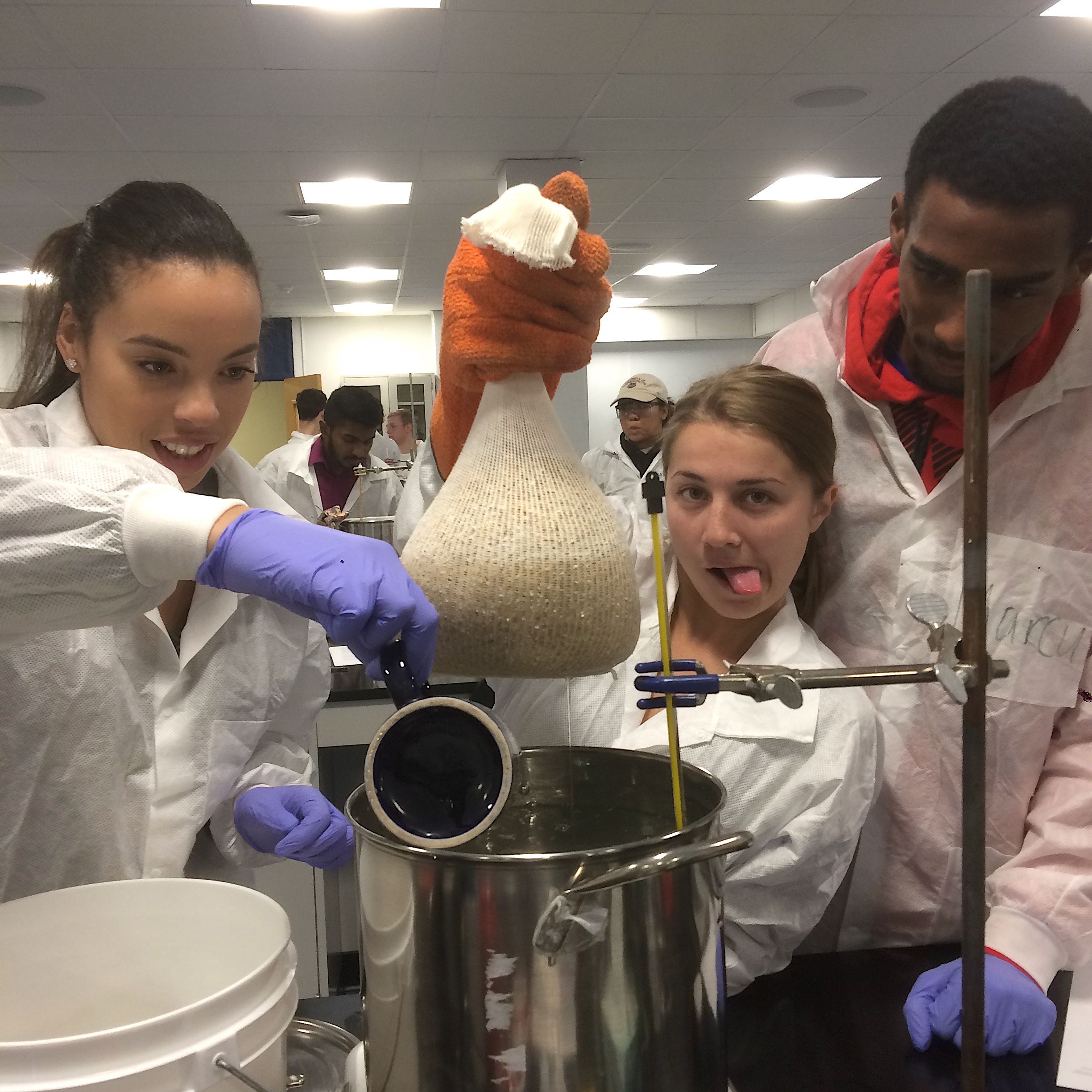Microbes are everywhere, and almost always live in complex communities. Students in my classes will be able to discuss how microbes are diverse, why diversity matters, and microbial interactions with the environment. Students are encouraged to develop skills of persistence, self compassion and courage, and to make use of the self evaluation rubric (pdf) on their own, with their study groups or research peers, and advisors.

Fall 2019
Soil Microbes and the Sustainability of Organic Agriculture (MICROBIO 494FI)
Microbiology Honors Thesis Colloquium (MICROBIO 499YPT)
Environmental Biotechnology (MICROBIO 562 (pdf))
Microbiology Graduate Symposium (MICROBIO 791A (pdf))
Phylogenetics Journal Club (MICROBIO 797L (pdf))
Prior semesters
Microbiology Honors Colloquium (MICROBIO 391H)
Microbial Ecology and Evolution (MICROBIO 440)
Microbial Physiology and Diversity (MICROBIO 480)
Microbial Ecology Journal Club (MICROBIO 797E)
…
Microbiology Honors Colloquium (MICROBIO 391H) – This one unit colloquium is taught by Dr. DeAngelis to satisfy the Commonwealth Honors College Requirements for Honors Scholarship. Our theme is “I, Microbiologist,” and we will focus on developing skills for becoming better scientists and better advocates for science with a focus on microbiology. Through practice asking questions, students will improve skills in courage, communication, organization and connections. Students will reflect on and modify factors outside of the classroom that impact their success. Students will become better advocates for science, microbes, and microbiology. (Link to syllabus coming soon…)
Microbial Ecology and Evolution (MICROBIO 440) – This lecture-based course is designed to introduce students of microbiology to the dynamic nature of microbes on Earth. Course topics are structured to demonstrate the linkages between microbial ecology, diversity, and evolution.
Soil Microbes and the Sustainability of Organic Agriculture (MICROBIO 494FI) – In this Integrative Experience GenEd class, students will take a critical look at the current state of organic farming at a local, national and international level, to evaluate the claims that organic is sustainable to soils, and that organic is more healthy for ecosystems and communities. As microbiologists, we aim to integrate our understanding of microbes with how they live in soil, and how they have become adapted to, and applied to, modern agriculture in organic and sustainable ways.
Microbial Physiology and Diversity (MICROBIO 480) – This 3 unit lecture class is a requirement for Microbiology majors, co-taught by Drs. Kristen DeAngelis and James Holden. Students will learn the various physiological and metabolic features of bacterial and archaeal cells and the underlying biochemical principles that explain them, and will be able to explain the origins and measures of microbial diversity patterns in the environment. Syllabus Microbio 480 2018 (graphical syllabus below)

Microbiology Honors Thesis Colloquium (MICROBIO 499) – This is an independently contracted year-long course which in part satisfies the Commonwealth Honors College (CHC) requirement for honors scholarship. Syllabus_MICROBIO 499 YPT 2018-19
Environmental Biotechnology (MICROBIO 562) – This 3 unit lab class is co-taught by Drs. Kristen DeAngelis and Klaus Nusslein.
Microbial Ecology Journal Club (MICROBIO 797E) – This one unit journal club meets every spring to discuss current papers in microbial ecology.
Phylogenetics Journal Club (MICROBIO 797L) – This one unit journal club meets every fall to discuss current papers in phylogenetics.